Magnetic Sensors: An Overview
Magnetic sensors are sophisticated components that play a crucial role in detecting magnetic fields and translating them into usable electrical signals. These sensors are integral to a multitude of applications, ranging from industrial automation to consumer electronics. The versatility of magnetic sensors, including hall effect detectors and magnetic reed sensors, allows for their use in a variety of settings, ensuring precise operation in devices we rely on daily.
Types and Mechanisms
The world of magnetic sensors is diverse, with several types designed for specific functions. Hall effect sensors, for instance, are widely used for their ability to measure the magnitude of a magnetic field, acting as hall switches in various circuits. On the other hand, magnetic encoders and fluxgate sensors offer high-resolution measurements of magnetic field direction and strength. Variable reluctance sensors are another type, commonly used in automotive and industrial applications for speed or position sensing.
Applications Across Industries
The application of magnetic sensors spans across various industries. In the automotive sector, magnetic proximity sensors are essential for detecting the position of moving parts. In consumer electronics, devices like the AS5600 are pivotal in creating intuitive user interfaces. The role of magnetic sensors in safety is exemplified by their use in flight systems for collision avoidance, and in sports, where magnetic field sensors are part of systems like RFID to track player movements.
Features and Materials
Magnetic sensors are designed with features that cater to the demands of precise and reliable measurements. Materials used in these sensors, such as ferrite, permalloy, and amorphous metals, are selected for their magnetic properties, which contribute to the sensor's sensitivity and accuracy. Features like temperature compensation and signal conditioning are also integrated to enhance performance.
Advantages of Magnetic Sensing Technology
The advantages of using magnetic sensors are manifold. They offer non-contact operation, which translates to less wear and tear and longer lifespan. Their ability to work in harsh environments makes them suitable for rugged industrial applications. Moreover, the integration of technologies like hall effect sensing and magnetic reed contact systems allows for enhanced safety and efficiency in various control systems.
Choosing the Right Magnetic Sensor
Selecting the appropriate magnetic sensor requires an understanding of the specific needs of an application. Whether it's a magnetic switch sensor for home security systems, a magnetic distance sensor for robotics, or a proximity switch magnetic for manufacturing processes, the right sensor can significantly improve the functionality and reliability of a device or system.
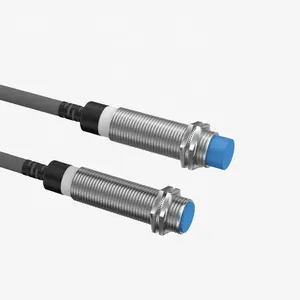

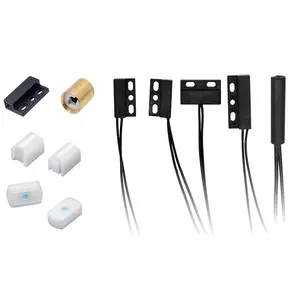





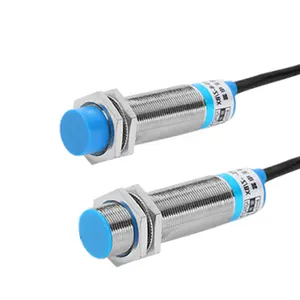


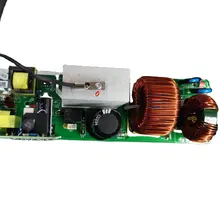




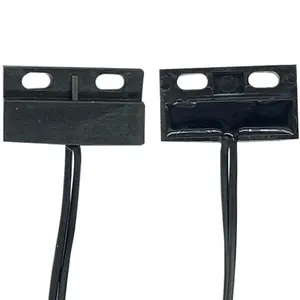


























 浙公网安备 33010002000092号
浙公网安备 33010002000092号 浙B2-20120091-4
浙B2-20120091-4